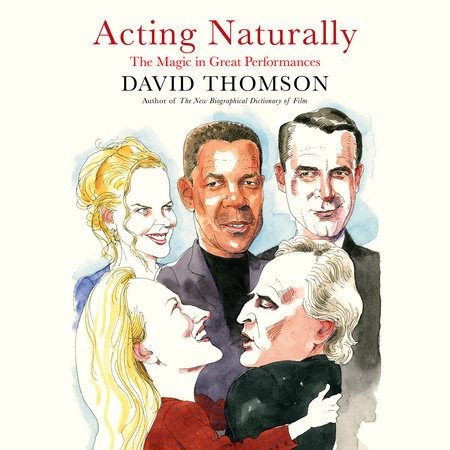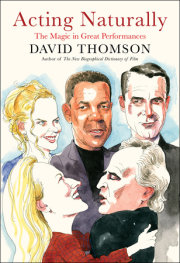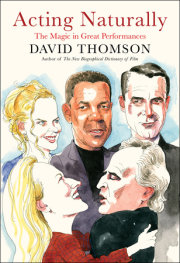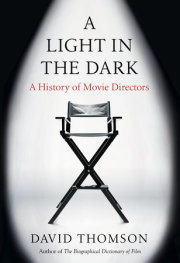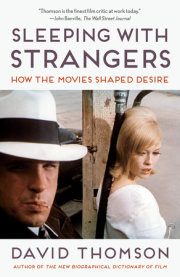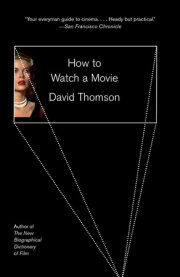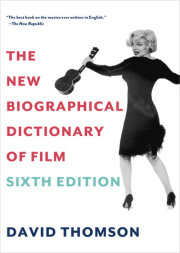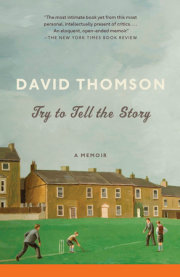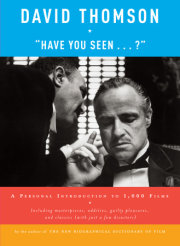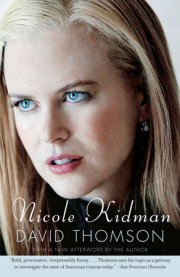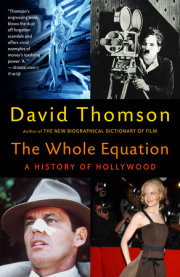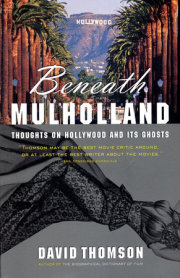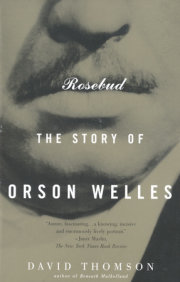4
In the Kitchen
I had scarcely drafted the chapter on Anthony Hopkins, and settled on the word “fun,” when that very thing hit me, and I felt the coincidence had to become a short chapter, an interlude. You may say this addition is whimsical and not germane. But it features a man who had done so much acting professionally for so long that it could have taken him over.
So what I’m going to tell you here could be a documentary, a moment from life; or it could be as artfully constructed as a Sondheim song. The wonder of it is in not knowing. No one is alone, the master sang: we are forever watching ourselves.
A friend sent me one of those small filmed items from the internet that mean so much these days. It’s not a movie, but it’s so much quicker and only opens up the prospect of movies a minute long. Why not, if it works?
We are in a kitchen, quite a good kitchen—the whole thing will be only one shot, a kind of surveillance.
Two men are there talking. One seems more at ease than the other. The comfortable one is David Blaine, an accomplished professional magician and a would-be Houdini. The other is Harrison Ford, and it becomes apparent that we are in Ford’s own kitchen, which feels privileged. But Ford seems intimidated, as if this smooth, groomed Blaine has invaded his home. Are the two men friends or has Mr. Blaine just arrived, as if Scottie has beamed him up?
Ford is seventy-eight, and while he looks good enough, he is a touch derelict, a scrawny geezer in a faded brown T-shirt, with hair just combed after a shower. And wearing spectacles. Yes, you know he is the actor, and you may be aware that Ford has made more fulsomely successful films than any other actor of his time. His work has earned billions of dollars without sweetening his wry sourness. For years, his authority was axiomatic. That age included the
Star Wars films, the
Indiana Jones films,
Blade Runner,
Witness, Working Girl, Presumed Innocent, Patriot Games, The Fugitive, Air Force One, and so many others. It’s not that he’s foolproof—he has made several flops. But he has never responded to the need to be anyone other than Harrison Ford, an essentially decent but world-weary fellow who can be a little grumpy. He is instantly recognizable yet elusive, and that puts him in the class of many iconic male stars—like Gary Cooper, Henry Fonda, or William Holden. These are presences so secure that no one is going to expect them to act (as in being someone different). They can get on with pretending to be themselves.
And now, at seventy-eight, here he is in his kitchen, just a touch unnerved by Blaine but willing to wait for a stick of talk or action to be thrown so that he can retrieve it. A dog in his own kitchen?
Blaine holds a deck of cards and asks Ford to think of a card; not pick it out, just think of it. Ford has reason to anticipate a trickster. It’s all part of a conjuring setup. And a part of that is how Ford understands we are there watching. Not that he looks at the camera; he learned that protocol decades ago.
The magician hands Ford the deck. “You’re thinking of the card?” Blaine asks. Ford gives the curtest affirmative nod. He is too old to act this out in full, and too suspicious. It’s clear he’s never had this scene before. In having no script or tradition, he wonders about being fooled. So he is considering being angry or disgruntled. A man’s kitchen ought to be a sacred place.
“Do I know what card you’re thinking of?” asks Blaine. A brief negative headshake from Harrison.
Then Blaine asks the actor to look through the deck, to discover that the card he thought of—not named yet—is not there. “Your card just left the deck,” the magician tells him. I am describing this as tightly as I can. But what is going on? Do you feel some suspense?
Blaine then shifts the focus. He asks Ford to choose a piece of fruit from ten or so on the kitchen counter. Harrison picks an orange. The magician asks the actor to say what card he was thinking of.
There is a pause, a wondering whether to make the call. This could be the last chance for sanity or dignity.
Then, “Nine of hearts,” sighs Ford, as if they are the final words he will utter having come across a dry desert. It’s not that he is being difficult or reluctant. But he is as guarded as most of us would be if we sensed magic in the air about to descend or suck us away.
So Blaine asks him to hold the orange while he cuts it open, and the actor obeys as if in a trance, and Blaine makes the decisive cut. He asks the actor is there a card inside the orange—the fruit that Harrison selected.
There it is, rolled up inside, like a cheroot or a reefer.
“No way!” calls out a female voice in the kitchen. We never see who that is.
Harrison Ford extracts the card and unwinds it so that the camera and that woman can see it.
You know what it is: there is a principle of narrative inevitability in all things being shown on film.
It is then that Ford looks at Blaine. He is smiling faintly but not without menace. And he whispers, “Get the fuck out of my house,” as if knowing that something sinister has infiltrated his kitchen.
I don’t know how the trick is done; not every jot of me is sure it
was a trick—as if that word is easily defined. I have no reason to believe Ford was in on any subterfuge. His stooge is so odd and off-guard, and I’m not sure he is enough of an actor to be dishonest. But I believe this is the most natural and touching piece of playing in his long career. Ford has never won an Oscar (he was nominated for
Witness and he has lifetime achievement awards) but he deserves something modest yet grand (a copper orange?) for this one-shot wonder in his kitchen and its humble evidence that, by seventy-eight, even in unscripted surprise, an actor can seem to be his own franchise as forty seconds pass by.
Why do I have this fragment in the book? Because I can’t stop thinking about it, or trying to distinguish delight from something darker. This could be a party trick, ending in hoots of laughter, or it might be the first act in the breakdown of Harrison Ford. The kitchen has a delicious impromptu air, but so much tells me it was created. I feel there must be a Vizier somewhere, some mentor from my childhood. And I don’t mind that. It’s essential to the fun.
What is good acting? It is making us watch very closely, as if we were doing it ourselves. And it is a way of making us feel that our precious spontaneity may be written
Now, just imagine the look on Ford’s face.
Copyright © 2023 by David Thomson. All rights reserved. No part of this excerpt may be reproduced or reprinted without permission in writing from the publisher.

